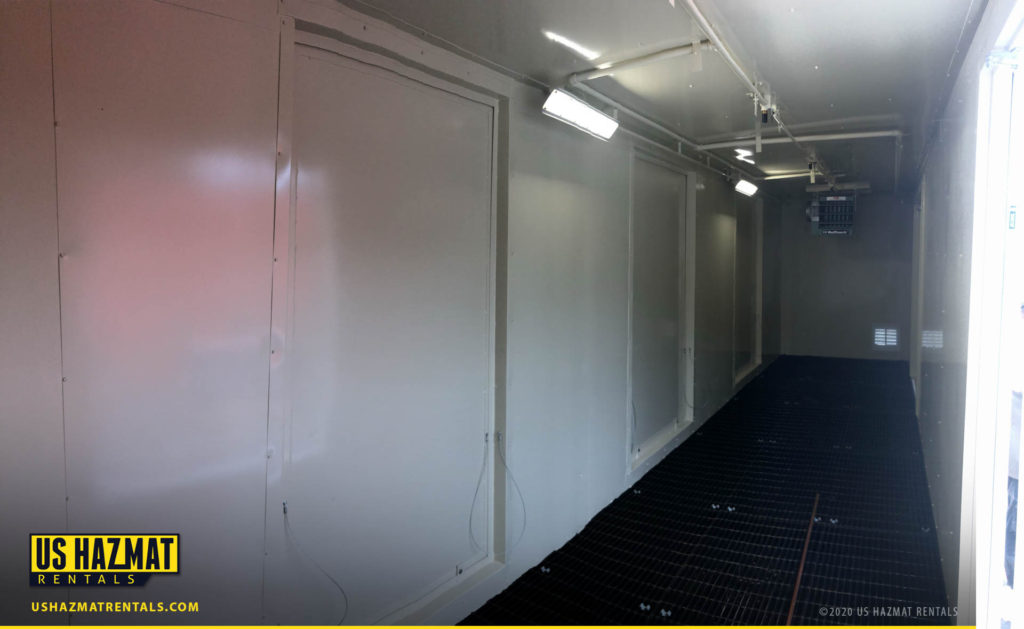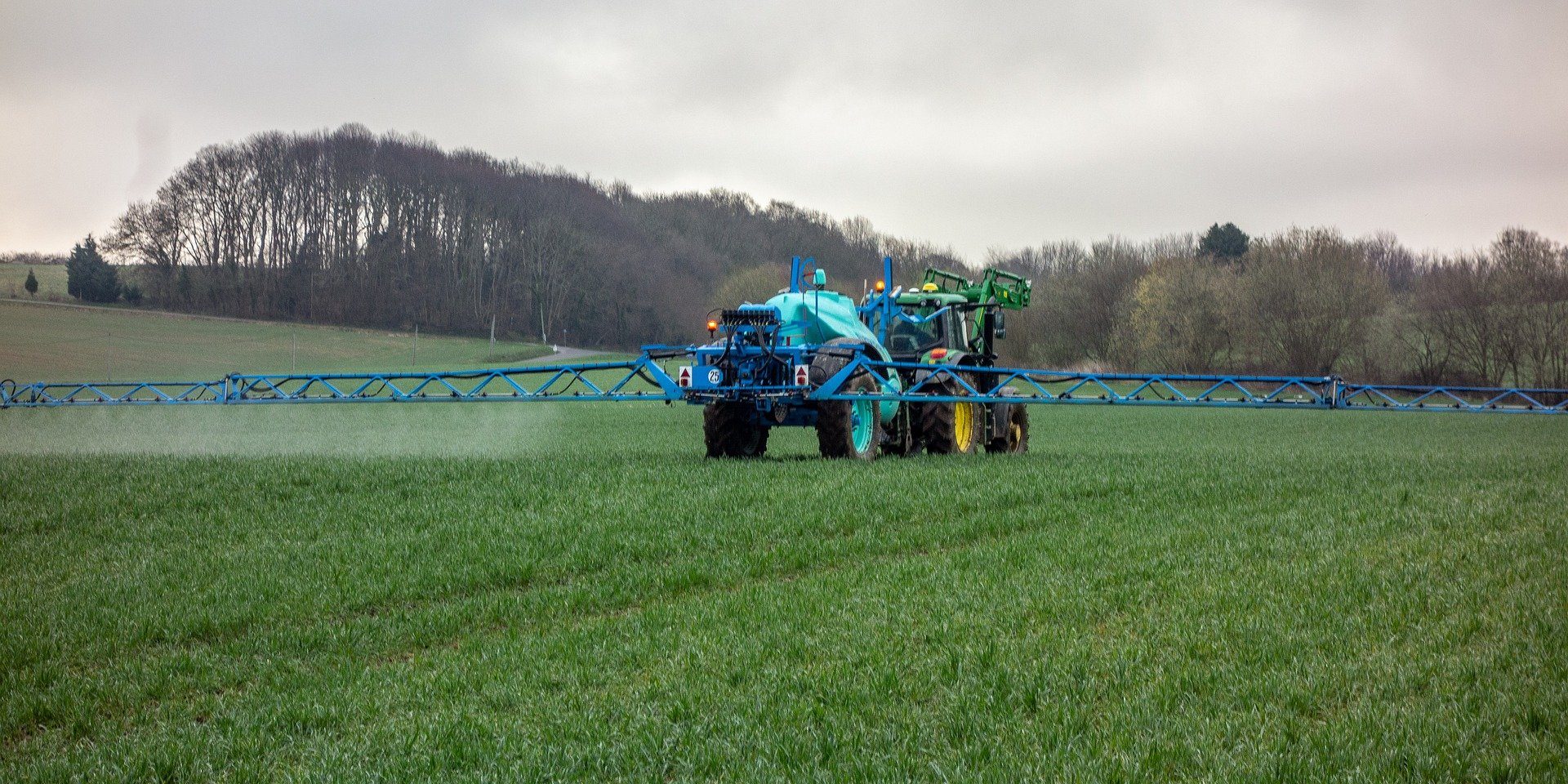Fertilizers are nature’s steroids. Without these natural and synthetic supplements, farms and agroindustry wouldn’t enjoy plentiful crop yields to satisfy America’s growing appetite. These potentially volatile, but necessary grow stimulants help replenish denuded farmland, so it can produce fresh nutrients. Fertilizers are an essential component to any large-scale farming or landscaping operation. But there’s such a thing as too much of a good thing. If not properly managed, excessive runoff from fertilizers can contaminate fresh water sources. Like many hazardous materials, fertilizers walk a very thin line between necessary additive and pollutant. As conscientious land stewards and champions of prosperity, it is your duty to keep toxic fertilizers from harming nature’s pristine beauty. A four-hour fire rated HAZMATSL3210 storage locker can help your farming or landscape operation achieve compliant fertilizer storage.
Are fertilizers really that dangerous? Aren’t they just for growing plants?
As we mentioned previously, synthetic fertilizers can have a nefarious disposition if not properly managed and stored. Did you know that some of the same ingredients found in fertilizers are also used in making explosives? Although ammonium nitrate is frequently used to improve a fertilizer’s nitrogen content, it has a pretty glaring downside. If exposed to an ignition source, it can explode quite violently. Compliant fertilizer storage is therefore vital on any agricultural operation, large-scale farm or landscaping outfit. A fire-rated chemical storage locker can safely separate potentially volatile chemicals, so they cannot come in contact with potential accelerants. Comprised of 12 gauge of interior and exterior sheet steel, our fire-rated chemical storage lockers – featuring explosion relief panel systems – can mitigate potential threats, so you can focus on high crop yields and feeding hungry pocketbooks.
But how can I stay compliant when considering my fertilizer storage options? Is there such a thing as leak proof? Consider IBC tote storage

Not all fertilizes are flammable. Some fertilizer storage solutions only require lockers that prevent potential leaks and environmental contamination. All fertilizers are potential pollutants if not properly managed. We recommend intermediate bulk container, or IBC storage, for handling and storing large quantities of liquid fertilizer. We recommend against metallic containers for storage, as fertilizers can be corrosive by nature. Encased by a metal frame, these heavy duty containers are strong as the dangerous chemicals you handle on a daily basis. Strong structural foundation allows for stacking and removal by forklift. IBC totes can be easily fitted and removed from any of our chemical storage lockers. Regardless of your workload, U.S. Hazmat Rentals offers a cornacopia of compliant fertilizer storage solutions.
When storing potentially toxic fertilizers and plant additives, you also have to consider spill mitigation. Each U.S. Hazmat Rental locker – both fire-rated and non fire-rated – are equipped with a sump. This system sits under a continuous steel grated flooring systems. If spills do occur, the fertilizer or liquid can safely pass through the floor and collect with the sump until it can be safely removed. As a result, sumps can prevent liquid fertilizers from escaping and contaminating streams. And you don’t have to worry about overflows either. Our sumps can easily manage several hundred gallons of hazardous materials.
Compliant fertilizer storage is also a must on the golf course and landscaping

Are you wanting to keep your customers’ yards immaculate and well-manicured? Or maybe the greens at the club could stand a little replenishing. In addition to producing fresh fruits and veggies, fertilizers also play a crucial role in keeping golf courses green. Unlike some heavier large-scale farming operations, small liquid batches and granular fertilizers are ideal for maintaining golf courses and lawns. Non fire-rated storage lockers are also great for mixing potentially toxic fertilizing solutions. And you don’t have to worry about potential spills either, as each locker meets the standards and specifications set forth by the EPA and OSHA. If looking to invest in fire-rated structures, you can also rest assure knowing these lockers meet Chapter 11 of the National Fire Protection Association Hazardous Materials Cods for storing ammonium nitrate.






